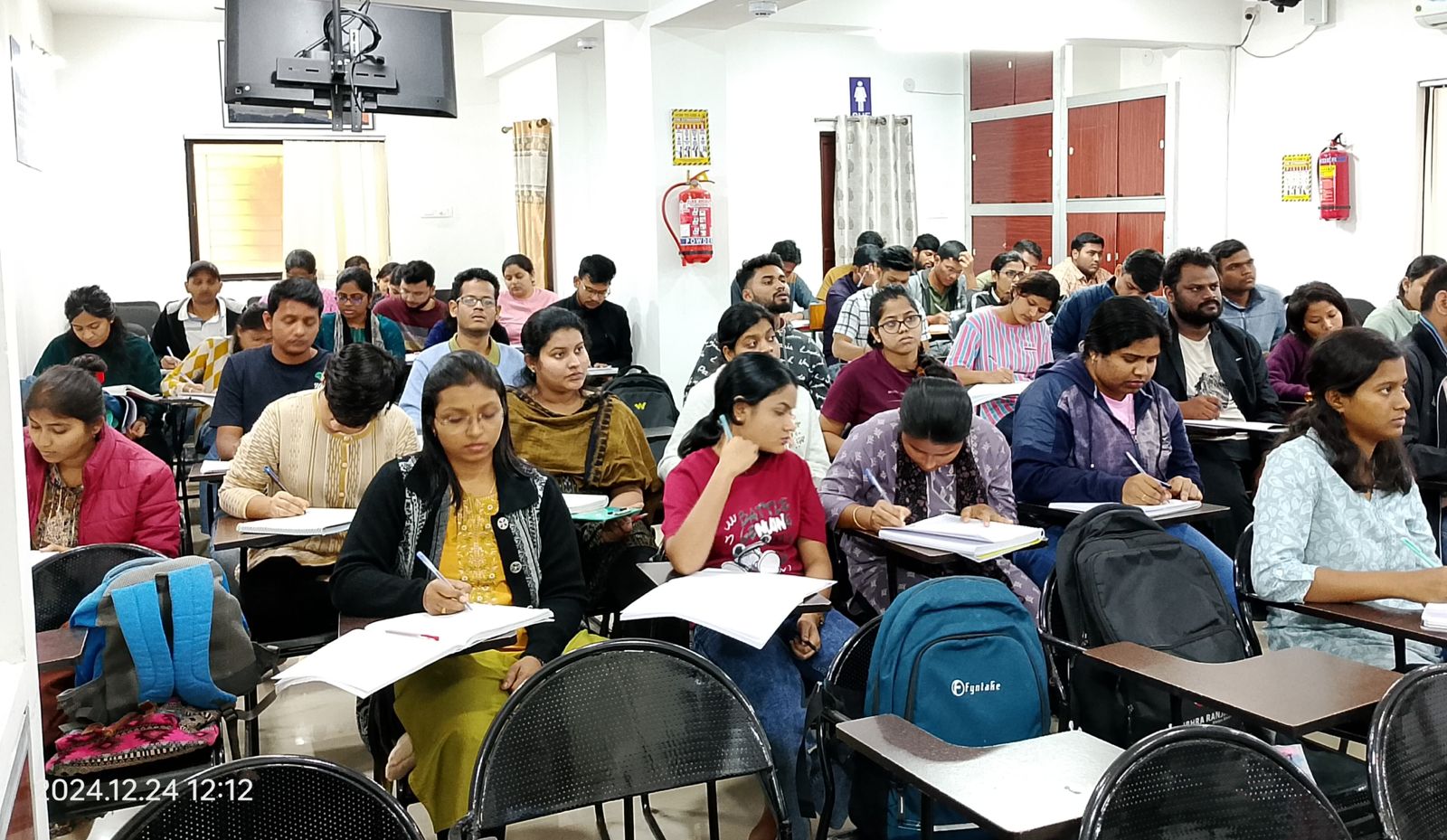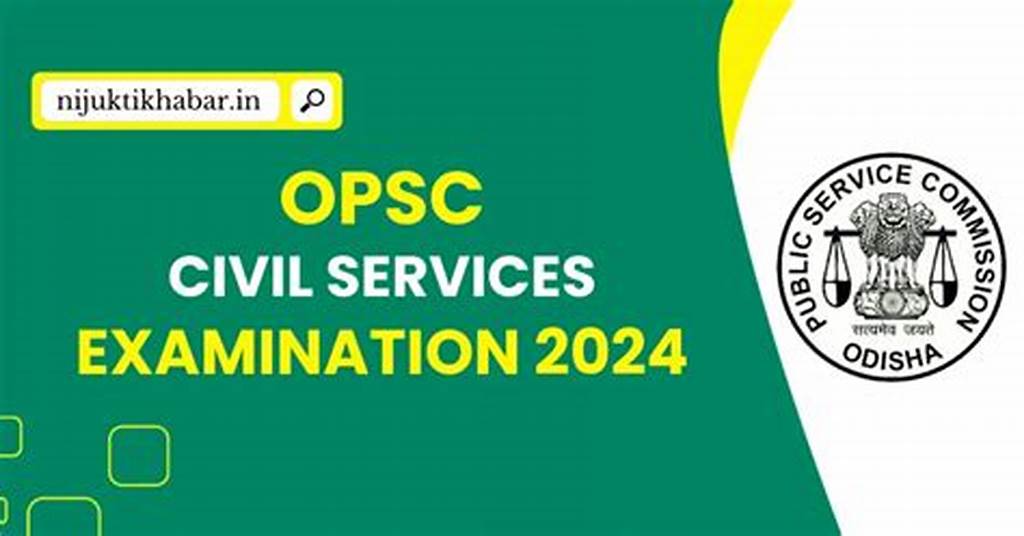0218045545.jpg)
UPSC
The Union Public Service Commission (UPSC) Civil Services Examination (CSE) is one of the most prestigious and challenging exams in India. It serves as the gateway to top administrative positions, including IAS, IPS, and IFS, shaping the future of governance in the country. This three-stage exam—Prelims, Mains, and Interview—tests candidates on their analytical skills, general awareness, and decision-making abilities. With an extensive syllabus covering history, polity, economy, science, and ethics, aspirants must possess deep knowledge and a strategic approach to preparation. What sets UPSC apart is not just its difficulty but also its demand for perseverance, adaptability, and a problem-solving mindset. Every year, over 10 lakh candidates appear, but only a few hundred make it to the final list. It’s not just an exam; it’s a test of character, patience, and dedication. For those dreaming of serving the nation, cracking the UPSC exam is a journey of self-discipline and continuous learning. The right preparation strategy, time management, and resilience can turn this dream into reality.
The Examination shall comprise of Two compulsory papers of 200 marks each.
Paper - 1 (200 Marks)
| Current events of national and international Importance. |
| History of India and Indian National Movement. |
| Indian and World Geography-Physical, Social, Economic Geography of India and the World. |
| Government strives to have a workforce which reflects gender balance and women candidates are encouraged to apply. |
| Indian Polity and Governance-Constitution, Political System, Panchayati Raj, Public Policy, Rights Issues, etc. |
| Economic and Social Development-Sustainable Development, Poverty, Inclusion, Demographics, Social Sector Initiatives, etc. |
| General issues on Environmental ecology, Bio-diversity and Climate Change that do not require subject specialization. |
| General Science. |
Paper - 2 (200 Marks)
| Comprehension. |
| Interpersonal skills including communication skills. |
| Logical reasoning and analytical ability. |
| Decision making and problem solving. |
| General mental ability. |
| Basic numeracy (numbers and their relations, orders magnitude, etc.) (Class Xlevel). |
| Interpretation (charts, graphs, tables, data sufficiency etc. - Class X level). |
The Written Examination will consist of the following papers:
Qualifying Papers:
| Paper-A (One of the Indian Language to be selected by the candidate) | 200 Marks |
| Paper-B English | 300 Marks |
Papers to be counted for Merit -
| Essay Paper | 250 Marks |
| GS-I (Indian Heritage and Culture, History And Geagraphy of the World and Society). | 250 Marks |
| GS-II (Governance, Constitution, Polity,Social Justice and International relations). | 250 Marks |
| GS-III (Technology, Economic Development, Bio-diversity, Environment, Security & Disaster Management). | 250 Marks |
| GS-IV (Ethics, Integrity and Aptitude) | 250 Marks |
| Optional Subject - Paper 1 | 250 marks |
| Optional Subject - Paper 2 | 250 Marks |
| Sub Total (Written test) | 1750 Marks |
| Personality Test | 275 Marks |
| Grand total | 2025 Marks |
General Studies - I : Indian Heritage and Culture, History and Geography of the World and Society.
| Indian culture wilI cover the salient aspects of Art Forms literature and Architecture from ancient to modern times. |
| Modern Indian history from about the middle of the eighteenth century until the present- significant events, personalities,issues. |
| The Freedom Struggle - its various stages and important contributors/contributions from different Parts of the country. |
| Post-independence consolidation and reorganisation within the country. |
| History of the world will include events from 18th. century such as industrial revolution, world wars, redrawal of national boundries, colonization, decolontzation, political philosophies like communism, capitalism socialism etc.- their reforms and effect on the society. |
| Salient features of Indian Society, Diversily of India. |
| Role of women and women's organization, population and associated issues, poverty and developmental issues, urbanization, their problems and their remedies. |
| Effects of globalization on Indian society. |
| Social empowerment, communalism, regionalism & secularism. |
| Salient features of world's physical geography. |
| Distribution of key natural resources across the world (including South Asia and the Indian subcontinent); factors responsible for the location of primary, secondary, and tertiary sector industries in various parts of the world (including India). |
| Important Geophysical phenomena such as earthquakes Tsunami, Volcanic actrvity, cyclone etc., geographical features and their location-changes in critical geographical features (including water-bodies and ice-caps) and in flora and fauna and the effects of such changes. |
Benefits from Our Classroom Program for UPSC
You can become a part of our classroom program for UPSC at SRIAS. The benefits include:

Best Teacher
Learn from the best teachers with expert knowledge and years of experience. Our dedicated faculty ensures personalized guidance, effective teaching methods, and comprehensive doubt-solving to help you achieve academic success.
24 x 7 Doubt Solve
Get 24/7 doubt-solving support from our expert faculty. Whether online or offline, our team is always available to clarify concepts, ensuring a smooth and uninterrupted learning experience for you.
Online Learning
Experience flexible and interactive online learning with expert faculty, comprehensive study materials, and 24/7 doubt-solving support. Learn anytime, anywhere, with live classes, recorded sessions, and personalized guidance for your success.




 -->
-->